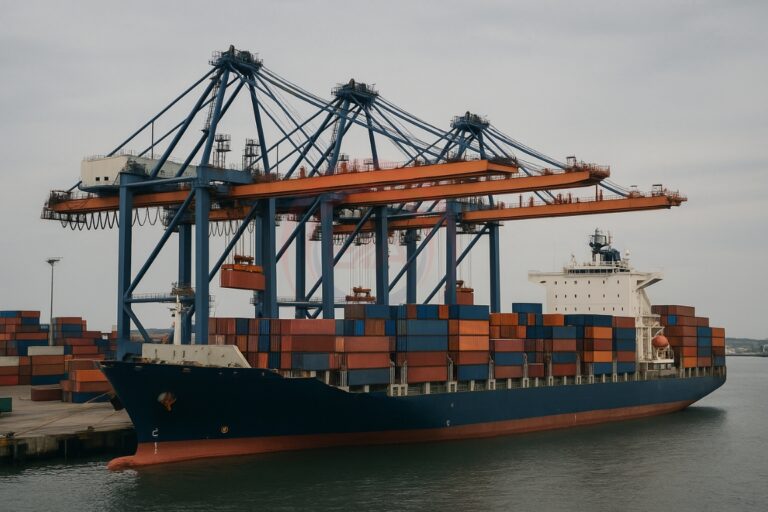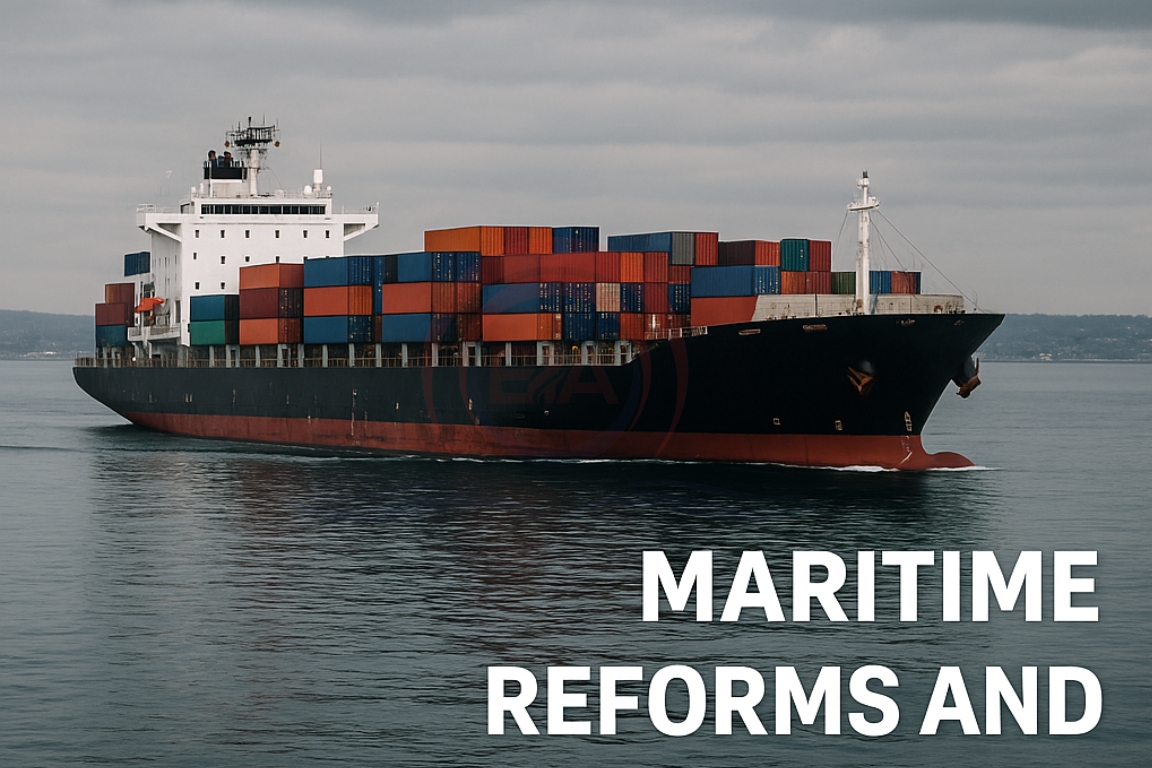The Indian Ports Bill, 2025 was recently passed in the Rajya Sabha along with three other maritime laws — the Coastal Shipping Act, 2025, the Carriage of Goods by Sea Bill, 2025, and the Merchant Shipping Act, 2025. While these reforms aim to modernise India’s outdated maritime laws, experts caution that the new framework could centralise power, burden smaller operators, and weaken safeguards on ownership.
Need for Maritime Reforms
- India’s earlier maritime laws, some dating back to 1908, were outdated.
- Modern shipping practices, offshore operations, and international conventions had outpaced India’s regulatory system.

New laws seek to:
- Facilitate ease of doing business.
- Promote sustainable port development.
- Align India’s maritime governance with global standards.
Concerns with the Indian Ports Bill, 2025
- Centralisation of power: Establishes a Maritime State Development Council chaired by the Union Minister. States compelled to follow central plans like Sagarmala and PM Gati Shakti, undermining fiscal and policy autonomy.
- Dispute resolution issue: Civil courts barred from hearing port-related disputes. Conflicts handled by committees formed by the same authorities being challenged, reducing fairness.
- Impact on smaller operators: Vague compliance rules could increase costs for small businesses.
Issues in the Merchant Shipping Act, 2025
- Ownership loophole:
- Earlier law required ships under the Indian flag to be fully Indian-owned.
- New law permits partial Indian ownership, including by Overseas Citizens of India (OCIs) and foreign entities.
- Thresholds left to be decided by executive notification, risking dilution of sovereignty.
- Bareboat Charter-Cum-Demise (BBCD):
- Allows leasing of foreign vessels with eventual transfer of ownership.
- Without strong enforcement, foreign entities may retain control indefinitely.
- Administrative burden:
- Mandatory registration of all vessels, regardless of size, increases bureaucratic hurdles for small operators.
Concerns with the Coastal Shipping Act, 2025
- Seeks to strengthen cabotage rules by reserving domestic coastal trade for Indian-flagged vessels.
- Grants wide discretion to the Director General of Shipping to permit foreign vessels on vague grounds like “strategic plans” or “national security.”
- Small players, especially in the fishing sector, face compliance burdens such as voyage and cargo reporting without clear guidelines.
- Centralised strategic planning reduces State-level autonomy.
Challenges:
- Excessive centralisation over States.
- Ambiguous provisions leading to arbitrary application.
- Weakened ownership safeguards, potentially opening doors to foreign dominance.
- Burdensome regulations on smaller shipping operators.
Conclusion:
India’s new maritime laws are a welcome step towards modernisation, but their centralised approach and vague provisions could harm federal balance, discourage small operators, and risk long-term maritime security. A course correction through clearer safeguards and greater transparency is essential.





